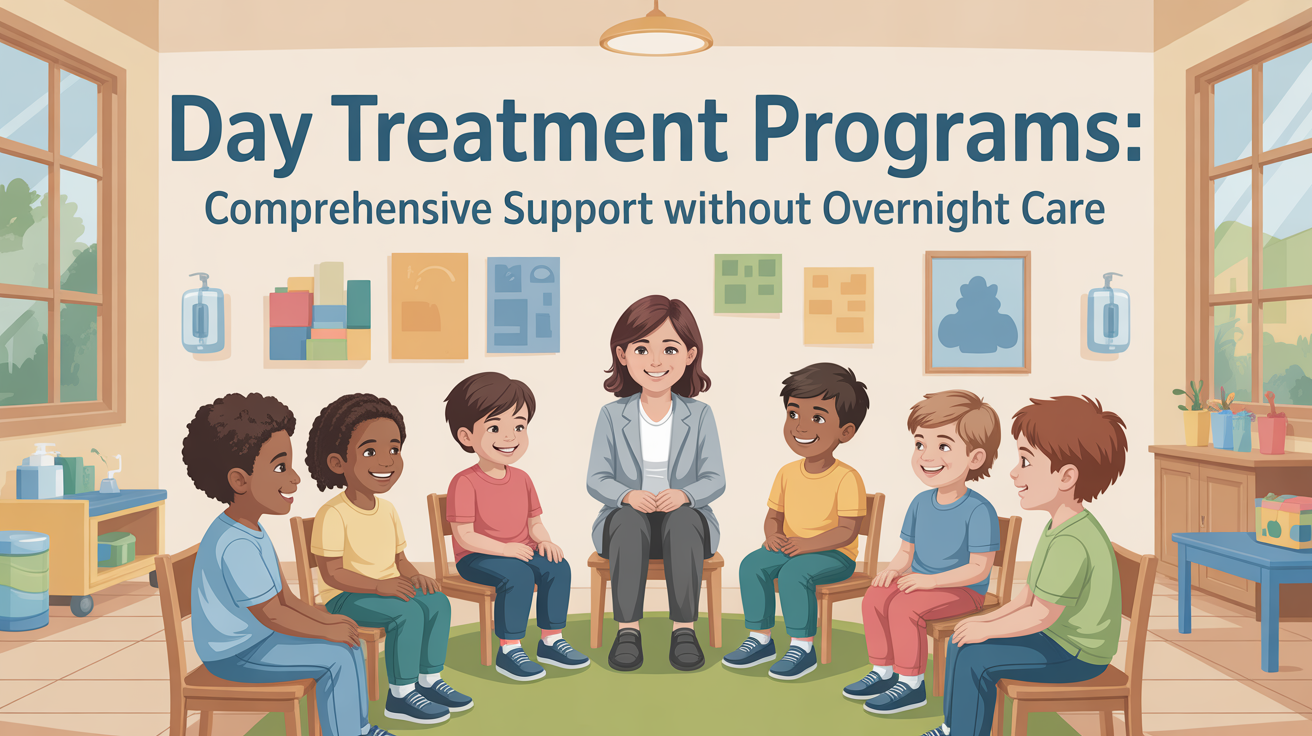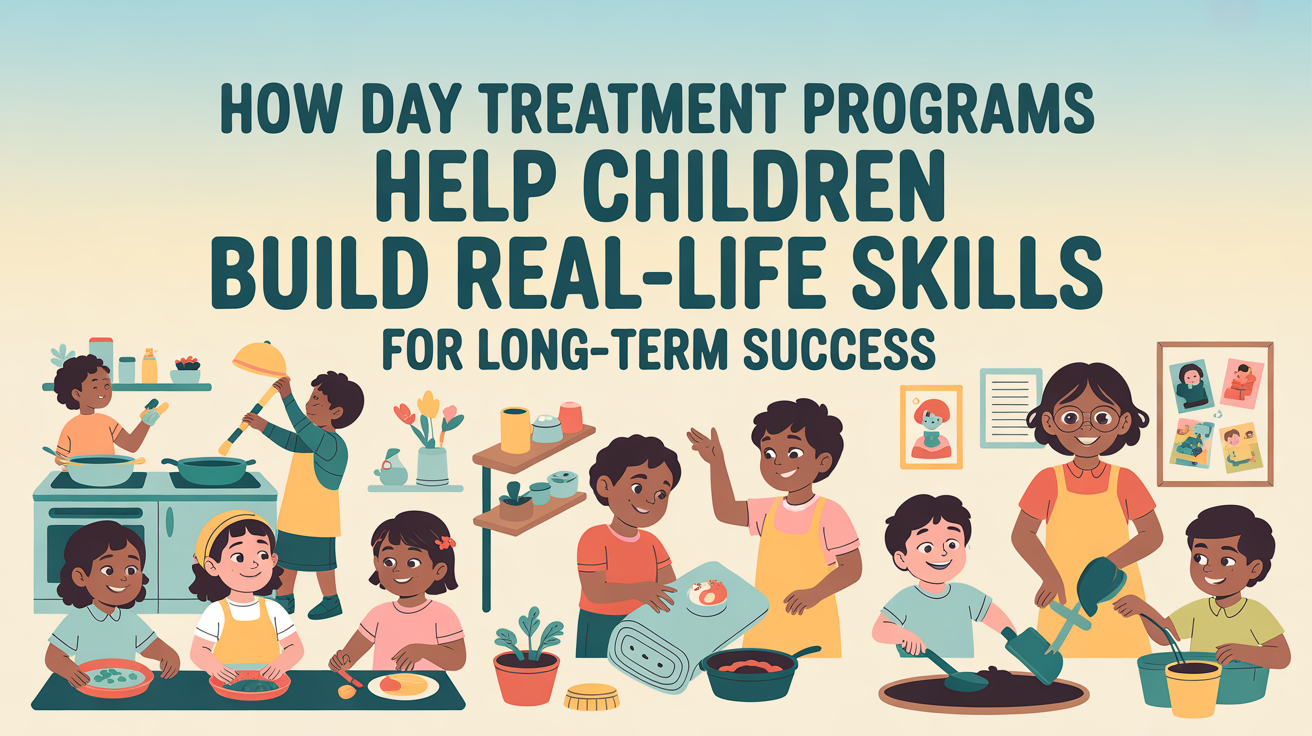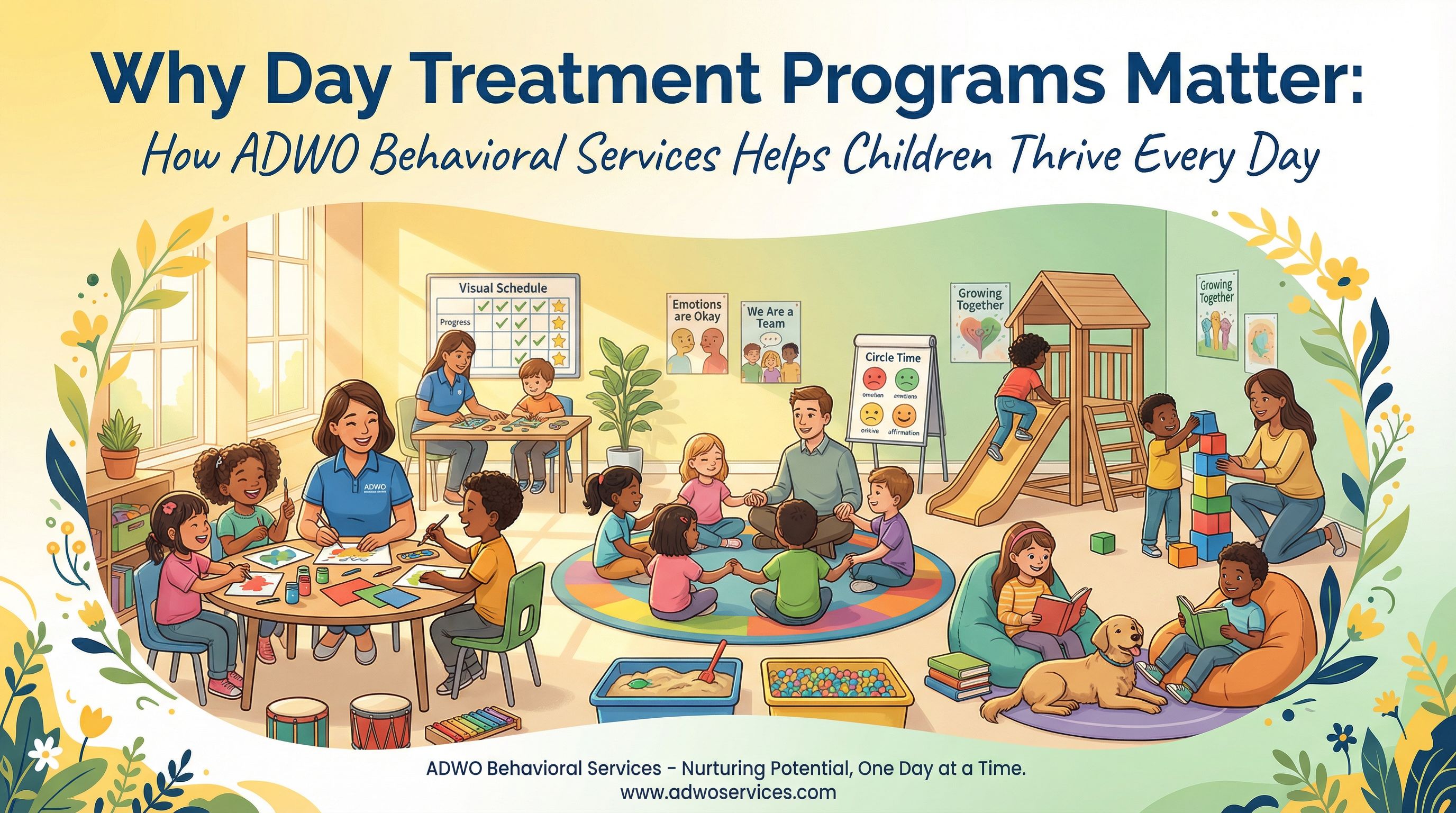
Every child faces challenges as they grow, but for some, emotional, behavioral, and mental health struggles can be more significant. Behavioral health therapy offers essential support, helping children develop coping skills, emotional regulation, and improved social interactions. If your child is struggling with anxiety, ADHD, depression, or other behavioral concerns, behavioral health therapy can provide the tools they need to thrive. Here’s how your child can benefit from this type of therapy.
Children often have difficulty managing their emotions, especially when faced with frustration, sadness, or anger. Behavioral health therapy teaches them techniques to recognize their emotions and respond in healthy, constructive ways.
Many children with behavioral or emotional challenges struggle with making friends and maintaining relationships. Therapy helps them learn how to communicate effectively, interpret social cues, and build meaningful connections with others.
Anxiety can be overwhelming for children, affecting their daily lives and academic performance. Behavioral therapy provides strategies such as mindfulness, cognitive restructuring, and relaxation techniques to help children manage stress and reduce anxious thoughts.
Instead of reacting impulsively to difficult situations, children learn coping skills that help them navigate challenges in a healthy way. These skills can include breathing exercises, problem-solving techniques, and positive self-talk.
Many children with behavioral health concerns struggle with low self-esteem. Therapy provides a supportive environment where they can build confidence, recognize their strengths, and feel empowered to face challenges.
Behavioral challenges can interfere with a child’s ability to focus, complete assignments, and succeed in school. Therapy can help improve attention, organization, and motivation, leading to better academic performance.
Family involvement is a crucial part of behavioral health therapy. Parents and caregivers learn strategies to support their child, improve communication, and create a more positive home environment.
Early intervention through behavioral therapy can prevent more serious mental health issues later in life. By addressing concerns early, children develop the resilience and emotional intelligence needed for long-term well-being.
Through therapy, children learn lifelong skills that contribute to their overall well-being, such as maintaining routines, setting goals, and practicing self-care.
Therapy helps children become more self-aware and independent, giving them the tools they need to manage their emotions and behaviors as they grow into adulthood.
Behavioral health therapy is a powerful resource for children who need support in managing their emotions, behaviors, and social interactions. By providing individualized guidance and effective coping strategies, therapy can help children build a strong foundation for success in school, relationships, and life. If you’re considering behavioral health therapy for your child, taking the first step can make a world of difference in their emotional and mental well-being.



Please submit your email address and we will reach out to you
And we'll reach out to you